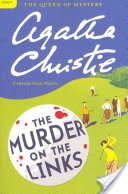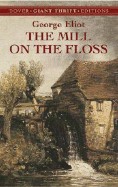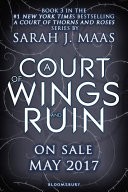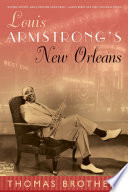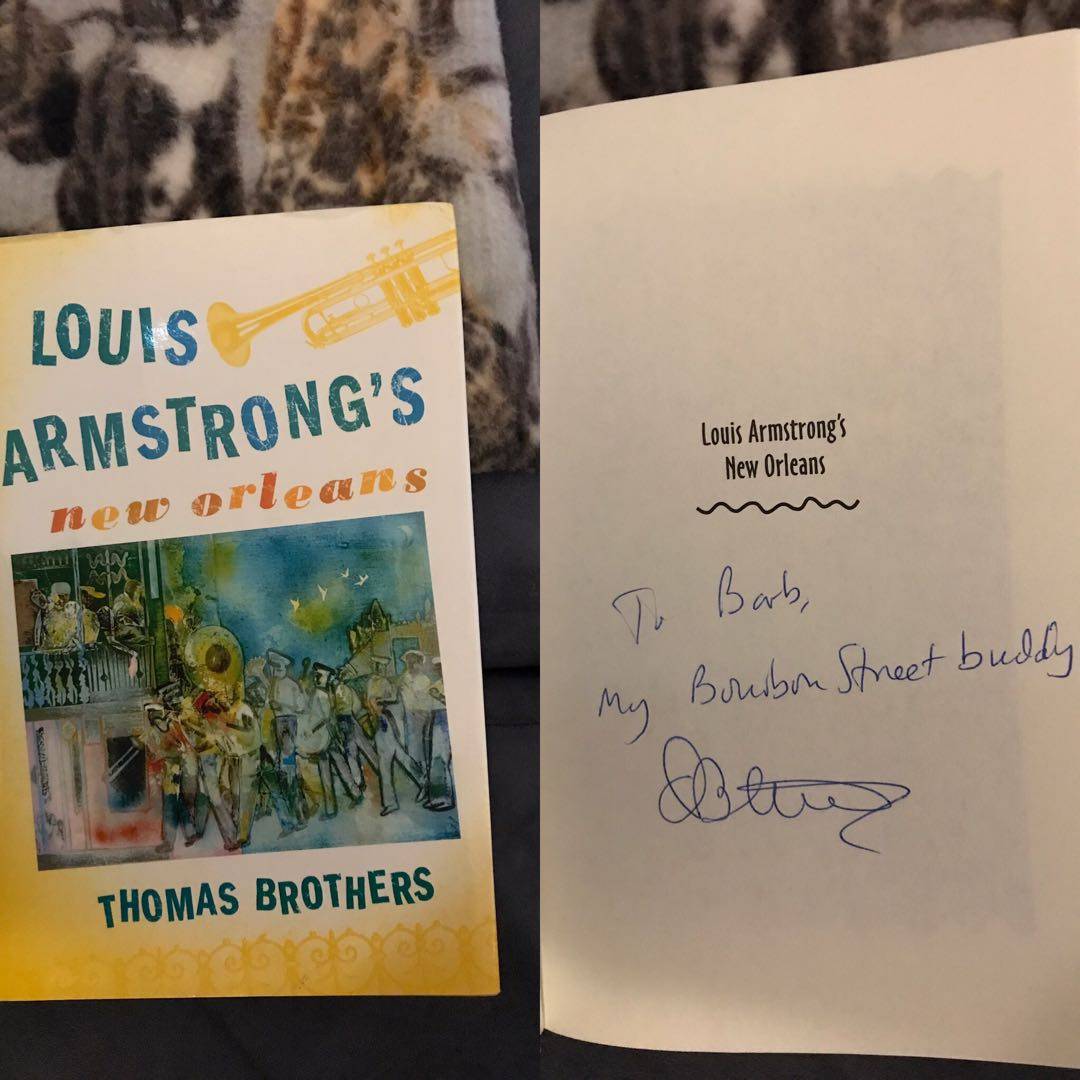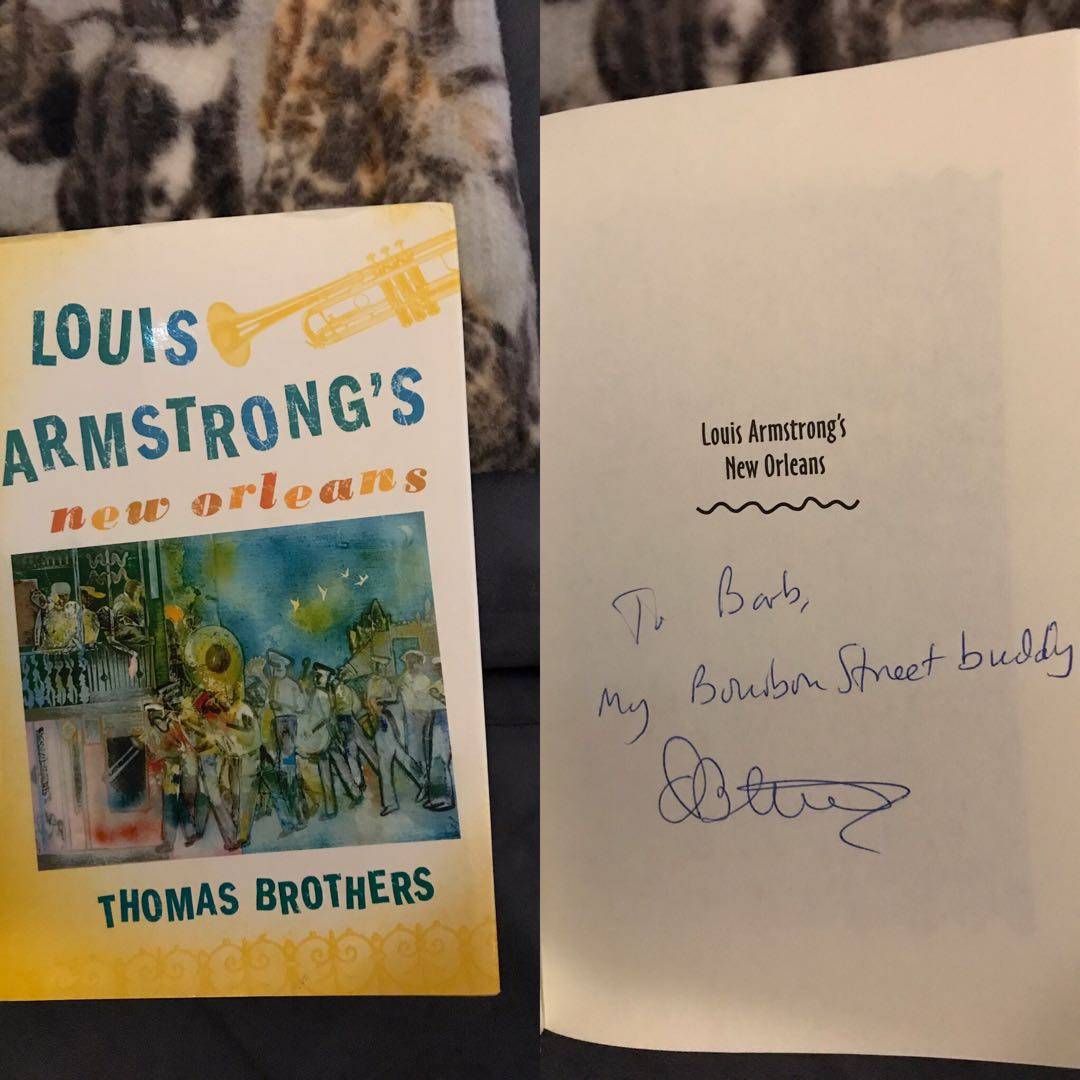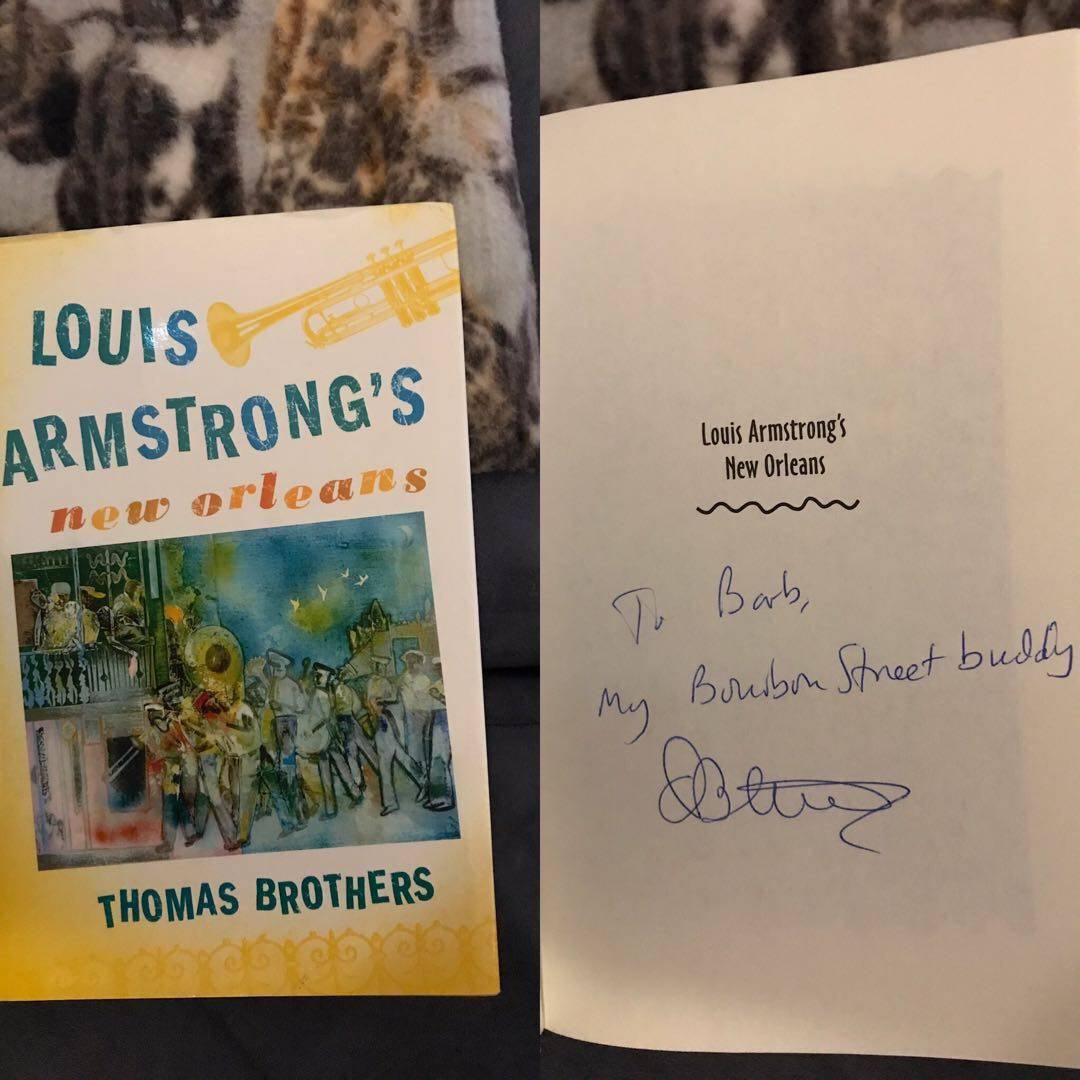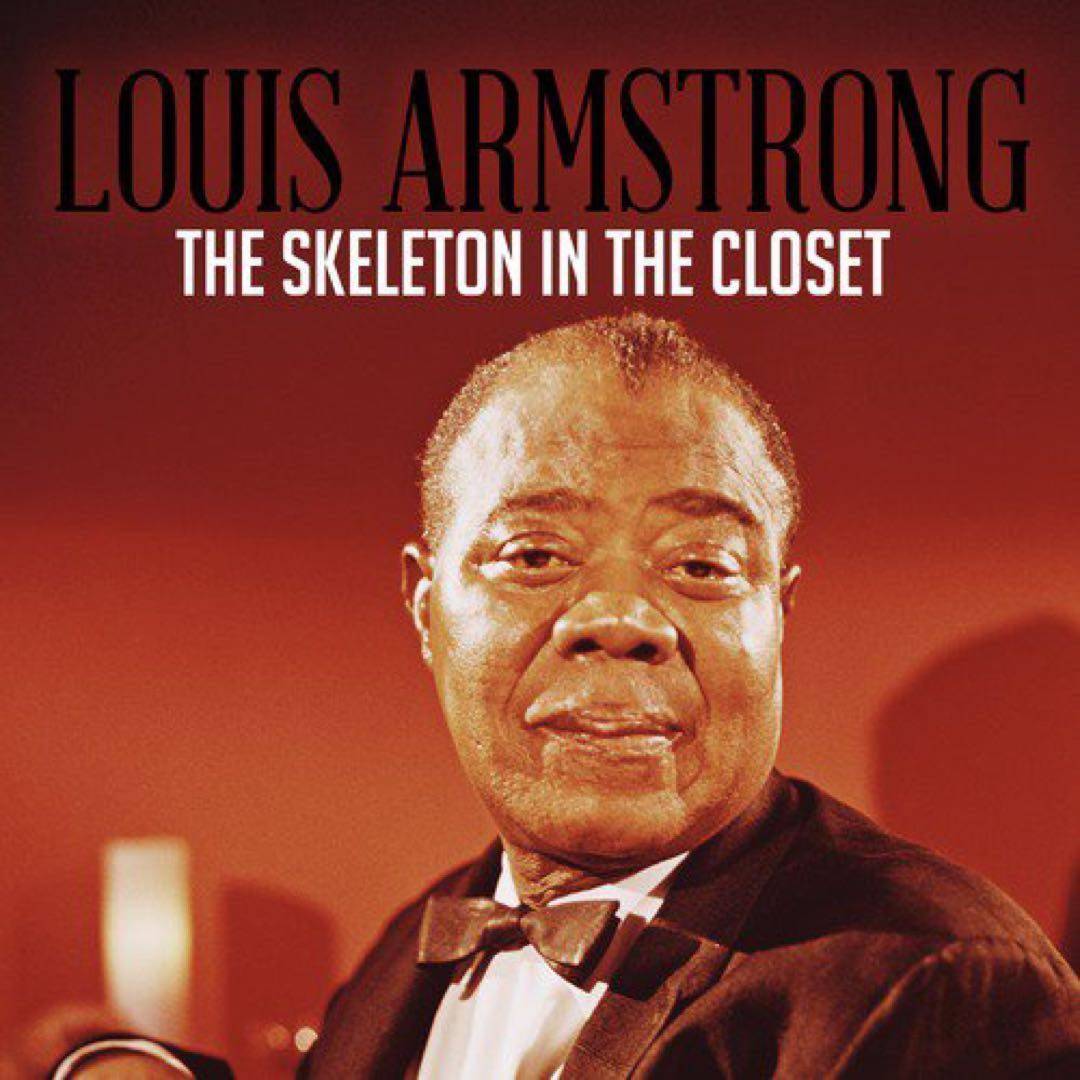
Day 2 Skeleton/Bones - have you heard this Halloween/spooky season song?! If not add it to your playlist and have a little fun. Check it out on YouTube and let it get you in the mood for the spooky season and maybe you can shake your old bones.
#scarathlon #skeletoncrew @CIwojick and @StayCurious








